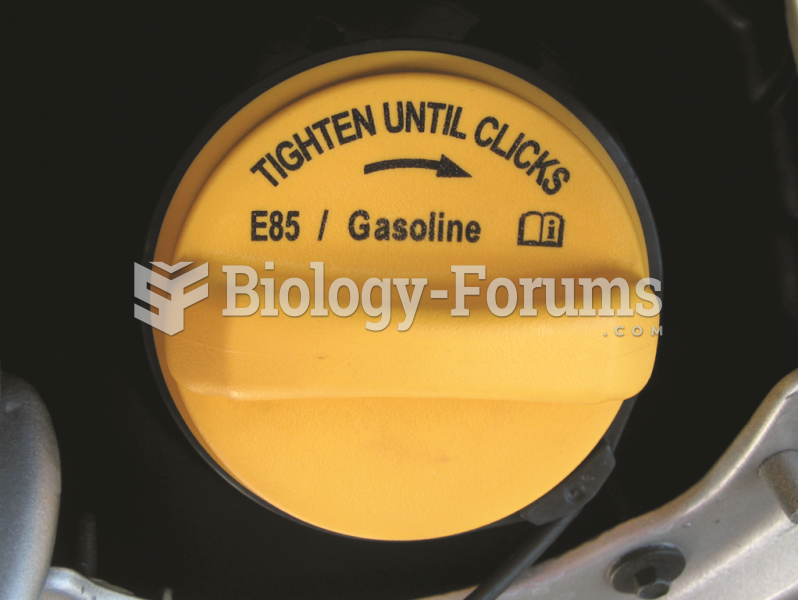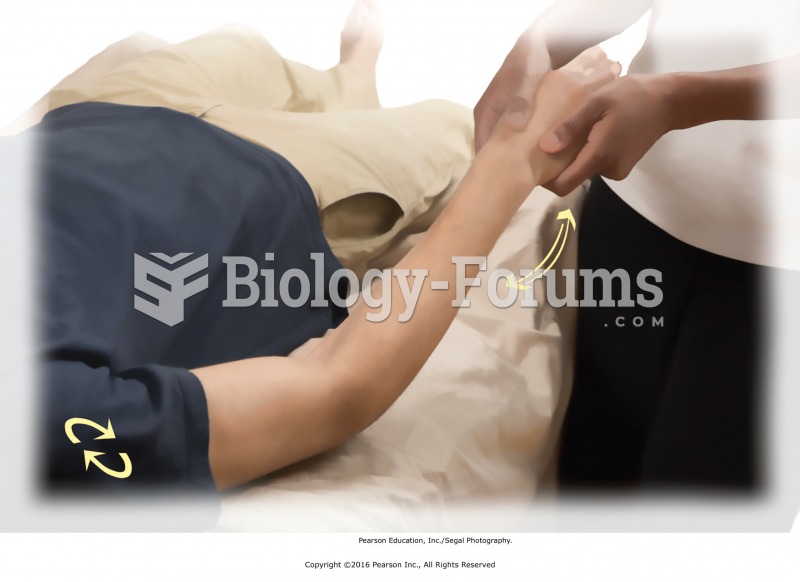|
|
|
Did you know?
The newest statin drug, rosuvastatin, has been called a superstatin because it appears to reduce LDL cholesterol to a greater degree than the other approved statin drugs.
Did you know?
Lower drug doses for elderly patients should be used first, with titrations of the dose as tolerated to prevent unwanted drug-related pharmacodynamic effects.
Did you know?
Excessive alcohol use costs the country approximately $235 billion every year.
Did you know?
If all the neurons in the human body were lined up, they would stretch more than 600 miles.
Did you know?
Oliver Wendell Holmes is credited with introducing the words "anesthesia" and "anesthetic" into the English language in 1846.
 Some playgrounds near streets with heavy traffic may still have high levels of lead from gasoline ...
Some playgrounds near streets with heavy traffic may still have high levels of lead from gasoline ...
 This red gasoline container holds about 30 gallons of gasoline and is used to fill vehicles used ...
This red gasoline container holds about 30 gallons of gasoline and is used to fill vehicles used ...





